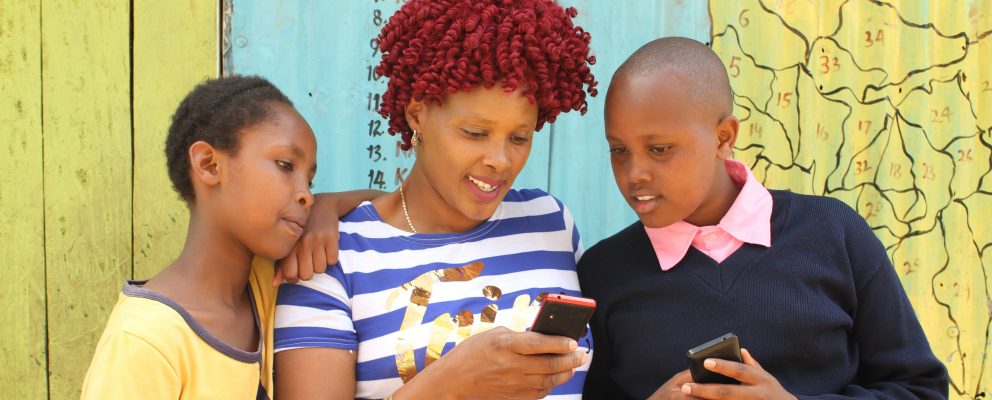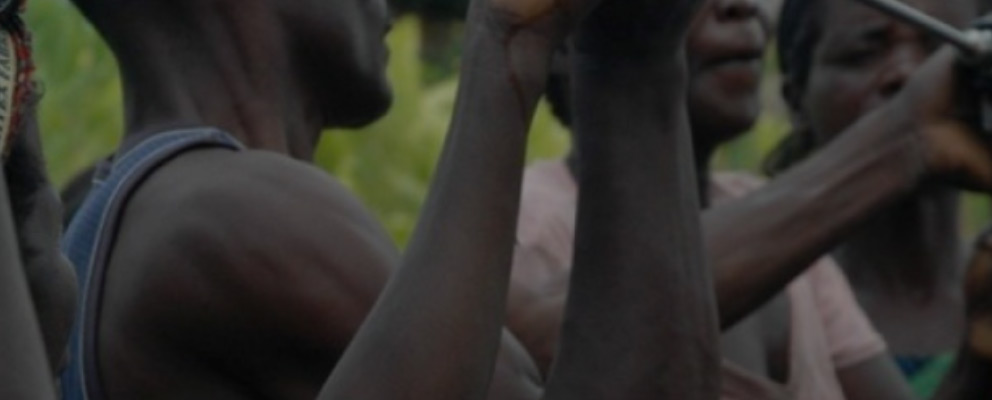
M-Shule: Bridging the education gap in Kenya using mobile phones
M-Shule’s mobile platform is bridging the education gap in Kenya by helping provide personalized learning to the 12 million students enrolled in primary and secondary schools. EWB’s initial investment in M-Shule last June helped complete the pilot of M-Shule’s SMS quiz platform with 400 students from low-income households. Just three months after launching the platform, there were 30 schools and 407 learners using M-Shule, more than 4,175 mini-lessons were completed with students spending an average of nine minutes on each lesson.
The venture’s mobile education platform sends math and English questions based on Kenya’s curriculum to students via text, enhancing at home and in-class learning for youth. Students answer via text and the platform’s algorithm evaluates the response and adapts based on the student’s performance and progression. Topic questions increase in difficulty as students get more questions right or get easier if they get answers wrong.
The venture also offers parents, teachers and school administrators access to aggregate data that shows how students are progressing or identify where students are experiencing difficulties. Teachers are then able to adjust their lessons and parents are able to intervene with extra support. Students, teachers, school administrators and parents have access to the resources they need to deliver higher quality education.
M-Shule has launched affordable subscription options for students, schools and administrators as key revenue streams. The platform costs less than half of what a parent in low-income communities would pay for an hour of private tutoring. One week of the current M-Shule subscription equals about one hour of learning practice.
Sub-Saharan Africa has the fastest growing and the youngest population in the world. Over the next three decades, one billion children in Africa will need to be educated.
Over the next three decades, one billion children in Africa will need to be educated and M-Shule has the potential to scale and improve the quality of education for youth across the country, and even continent. In 2018, M-Shule aims to work with 200 schools and bring 10,000 students onto the platform, and with the support of their first two EWB Fellows, they will strengthen the functionality of their platform and elevate their messaging to attract more users.
